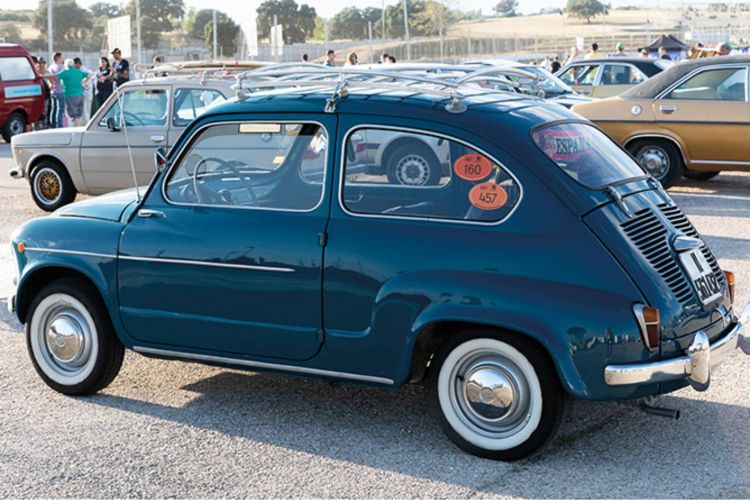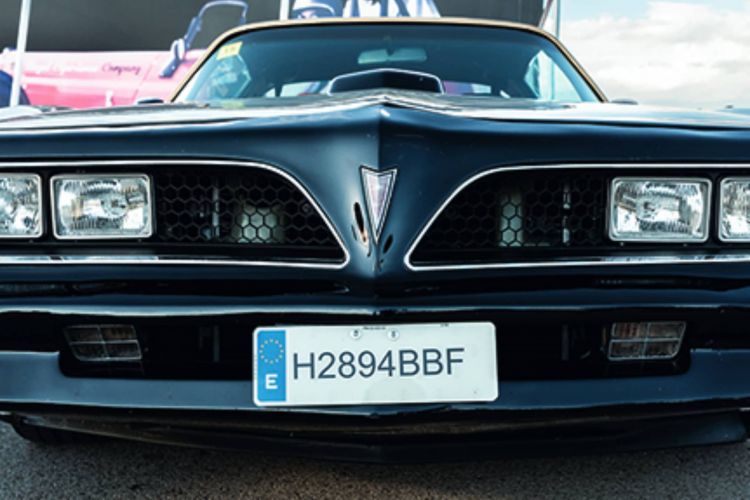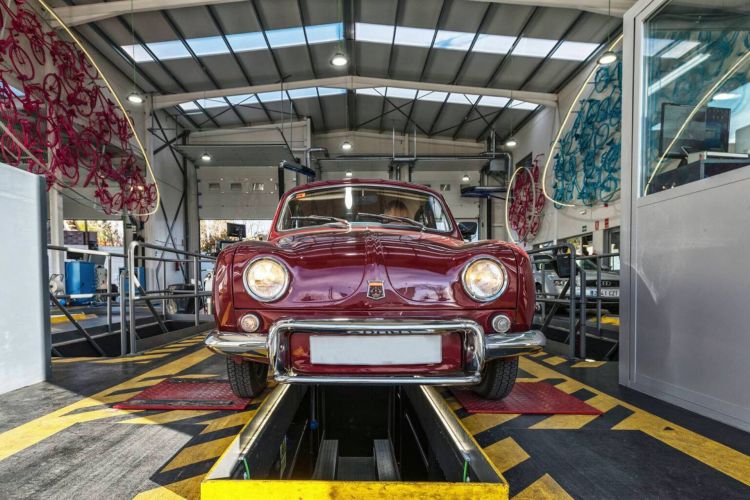New year, new life: especially for historic vehicles. The regulations by which they are governed are the first to be promulgated, back in 1995, when they became a legally defined and regulated category. That Historic Vehicle Regulation (RVH) is updated in 2023 with a process that eliminates procedures and lowers costs.
To be a historic, the vehicle must meet one of the following requirements:
- Antiquity: at least 30 years have elapsed since its first registration or manufacture and that it is in its original state
- special interest: models registered in the General Inventory of Movable Property of the Spanish Historical Heritage, declared assets of cultural interest or when they have participated in some historical event or have belonged to a personality.
- Collection vehicle: when due to the singularity of the vehicle or its scarcity they deserve this consideration.
Two types of historic cars
The new regulation will divide historic cars into two categories: Group A and Group B.
- Group A: composed of the models that have more than thirty years, They do not have reforms that compromise their originality and they already circulate legally in Spain. Its owners will have to make a statement that they meet the established requirements, have the ITV and insurance in force to achieve the Historic classification. Once this is done, they will have to request, in Traffic, a duplicate of the circulation permit for change of service to a historic vehicle. The cost of this process is reduced to that of the fee: about 20 euros.
- B Group: here it is the rest of vehicles that do not meet the above conditions because they are imported from abroad or are out of circulation. To become Historic, they will need a report from the Historic Vehicle Technical Services declaring them fit for circulation and, if applicable, they will have to specify the limitations corresponding to their condition and equipment: to circulate at night if they do not have lights or on certain roads if they do not reach a certain speed, among other assumptions.
Less paperwork and cheaper
Currently, the procedures to convert a vehicle into a historic one are complicated and expensive. To facilitate them, the new standard Eliminates the cataloging process carried out by the Autonomous Communities (at a cost of up to 130 euros per vehicle), reduces the duration and cost of the procedure, which can rise to several hundred euros, even exceeding the value of the vehicle (something common in the case of motorcycles and mopeds).
The ITV, also different
The new Historic Vehicle Regulation establishes that vehicles manufactured or registered for the first time before 1950, mopeds and agricultural vehicles (which are expected to be included as well) They will not have to pass the ITV. Of course, voluntarily, their owners will be able to pass this review.
The others will have to have the ITV in force to be able to circulate, although, depending on their age, They should do it every two to four years. In addition, if they did not have them from the factory, the technicians will not require mechanical or security elements that are mandatory today. Nor will they have to comply with European standards on polluting emissions.
And, finally, the ITV they will admit those mechanical and structural modifications that were habitual during the vehicle’s production period and for fifteen years thereafter, and will allow parts that no longer exist or cannot be purchased on the market to be replaced by reproductions or the like.
In 2023, but when?
When will all these novelties for historic cars arrive? Francisco de las Alas-Pumariño, head of the DGT Regulations unit, has confirmed that they will approve the new regulations in summer 2023 and will enter into force in autumn.
Images: DGT / AECA-ITV






